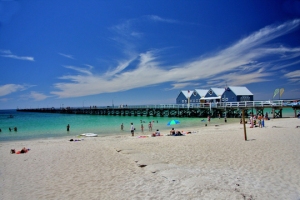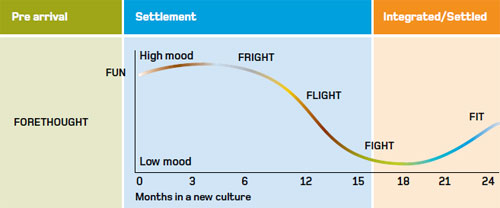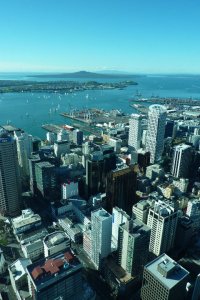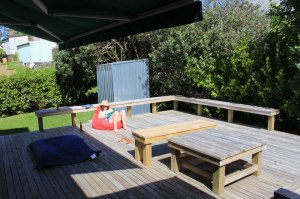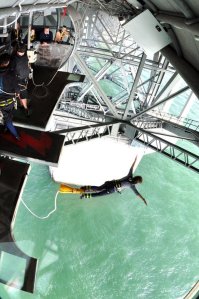5 reasons to make the move now
If you subscribed to our email newsletter, chances are you’re seriously considering packing up your life and moving, working, living and playing in Australia, Canada or New Zealand.
But you haven’t done it quite yet.
So this month, we’re telling you why you need to make the move – now.
1. Winter is coming
If you’re in the northern hemisphere, winter is coming. Unlike Game of Thrones, it doesn’t mean murder, mayhem and naughty stuff but, as a lot of Working Inners can attest to (being British expats ourselves), winter isn’t a desperately fun time. Short days, an abundance of darkness, and bad weather inevitably leads to a six-month long hibernation. Not fun. However over in Australia, Canada and New Zealand…
2. An enviable lifestyle
As spring blooms in the southern hemisphere, its enviable lifestyle comes to the fore. Now, for the next six months, Aussies and Kiwis are making the most of the long, hot, sunny days – whether that’s surfing, hiking, BBQ-ing, beaching, ocean swimming… the list goes on. It may also be coming into winter in Canada, but Canada does winter really well. With its blankets of snow, it’s a winter wonderland – no more hopping on a plane to reach the slopes for skiing and snowboarding, it’s on your doorstep. If you’ve ever wanted the picture perfect Christmas day, now’s the time to get over to Canada.
3. The opportunities are booming
New Zealand came through the global financial crisis pretty unscathed, reflected in its “rock star” economy. Now there are plenty of exciting opportunities abounding – from helping to rebuild Christchurch, to citywide rail electrification projects, and multi-million dollar infrastructure investment. Australia is continuing to climb out of its downturn and more and more jobs are coming to the market, while Canada’s economy remains strong and, more importantly, continues to grow.
4. Chart-topping success
Every single year, scores of surveys are released – the world’s best cities, the happiest places to live, the world’s best countries… and every single year, Australia, Canada and New Zealand feature highly. This is especially true for Canada – it’s got one of the world’s best reputation’s internationally [see page 17] as a place to do business and live, with Australia and New Zealand not far behind. The countries’ cities rank highly for liveability (8 out of 10 cities in the 2014 Economist Intelligence Unit’s world’s most liveable cities were in Australia, Canada and New Zealand). All three countries feature highly in the latest world happiness report. Whereas British expats reckon they’re healthiest and wealthiest in… yep, you’ve guessed it. Australia, Canada and New Zealand. Go on, you deserve to be happy and wealthy too – make the move.
5. It’s never a good time
So why move now, rather than next year or beyond? Because, frankly, it’s never a good time to move – you’ll always be waiting for your cousin’s wedding or for your little one to start school. Like having a baby, there is never an ideal time to move country.
So you might as well to do it now.
Convinced? Start searching for your new job and life in Australia, Canada or New Zealand.


